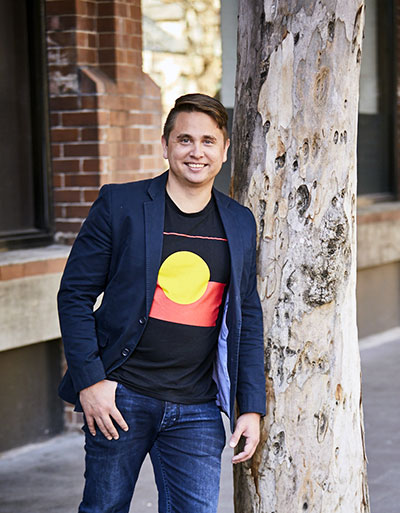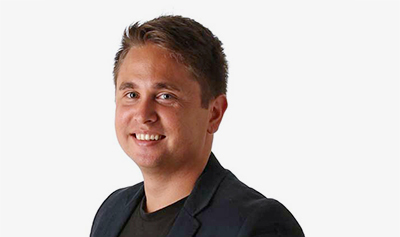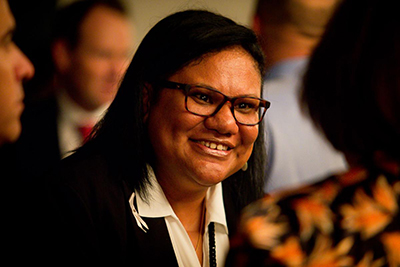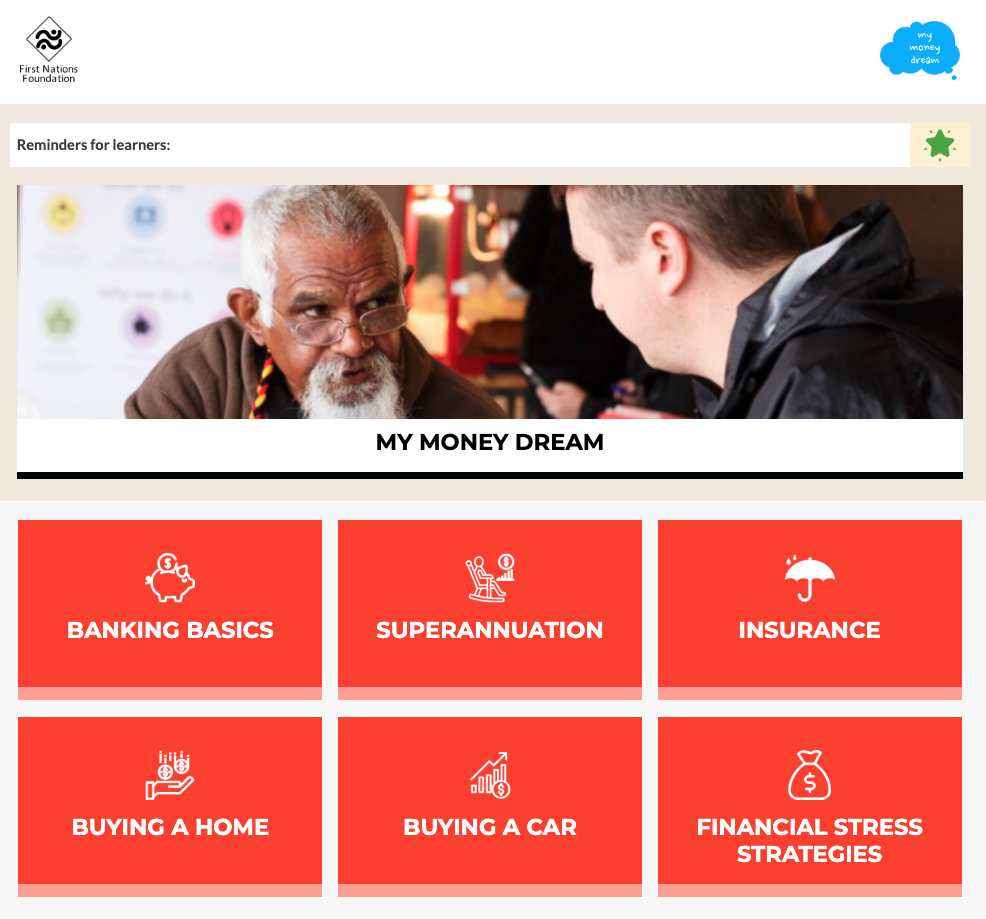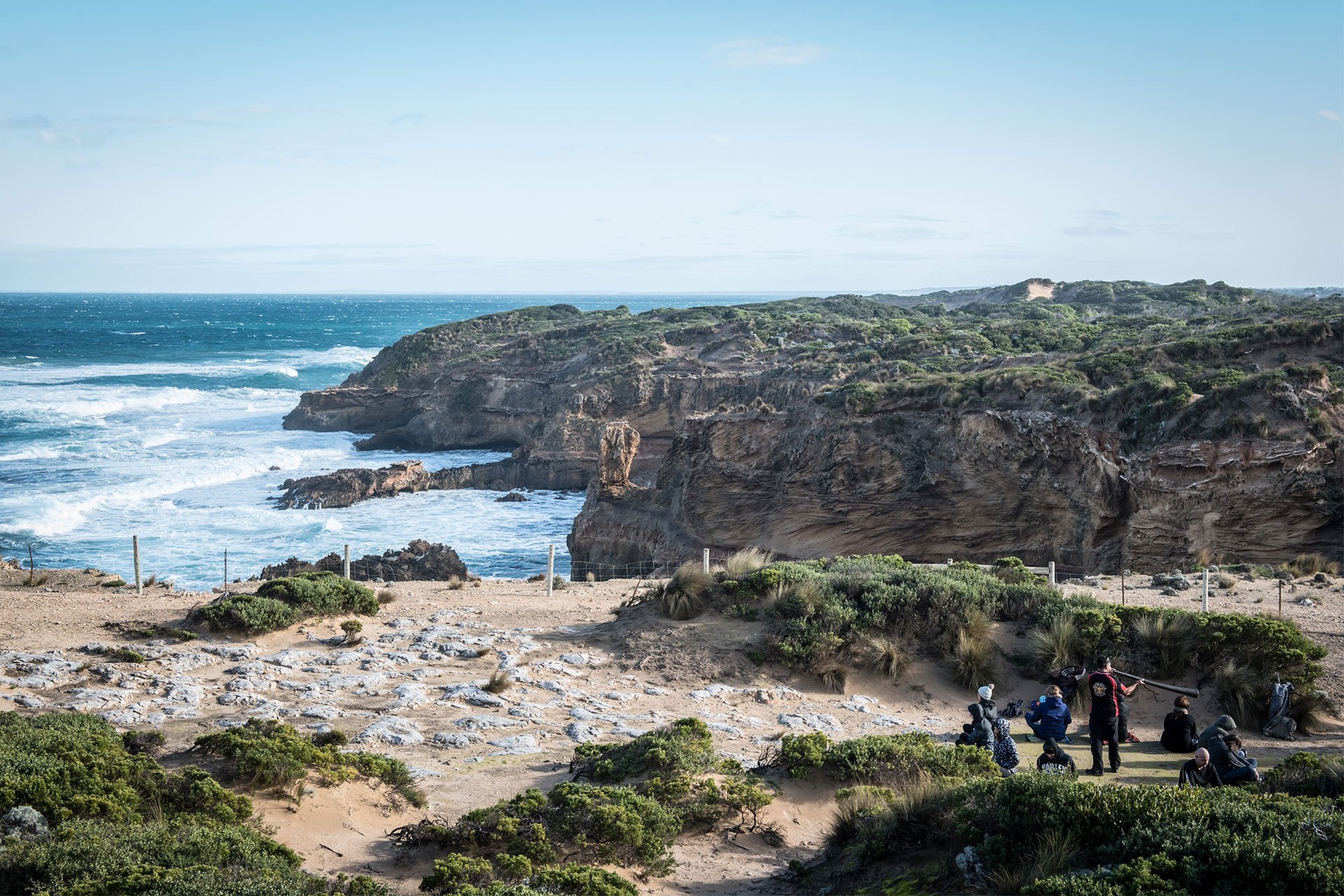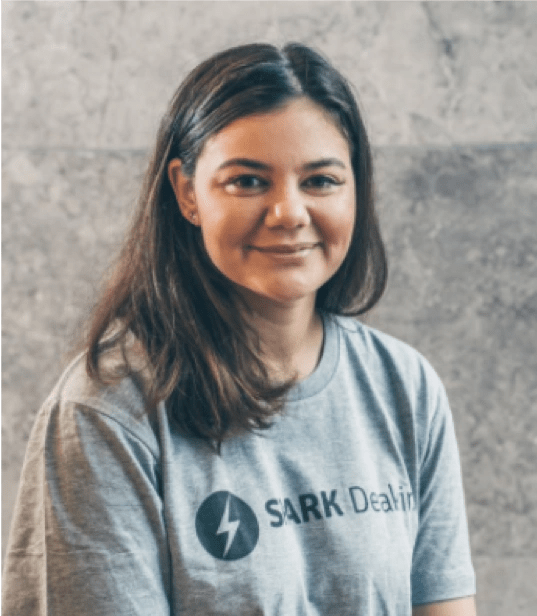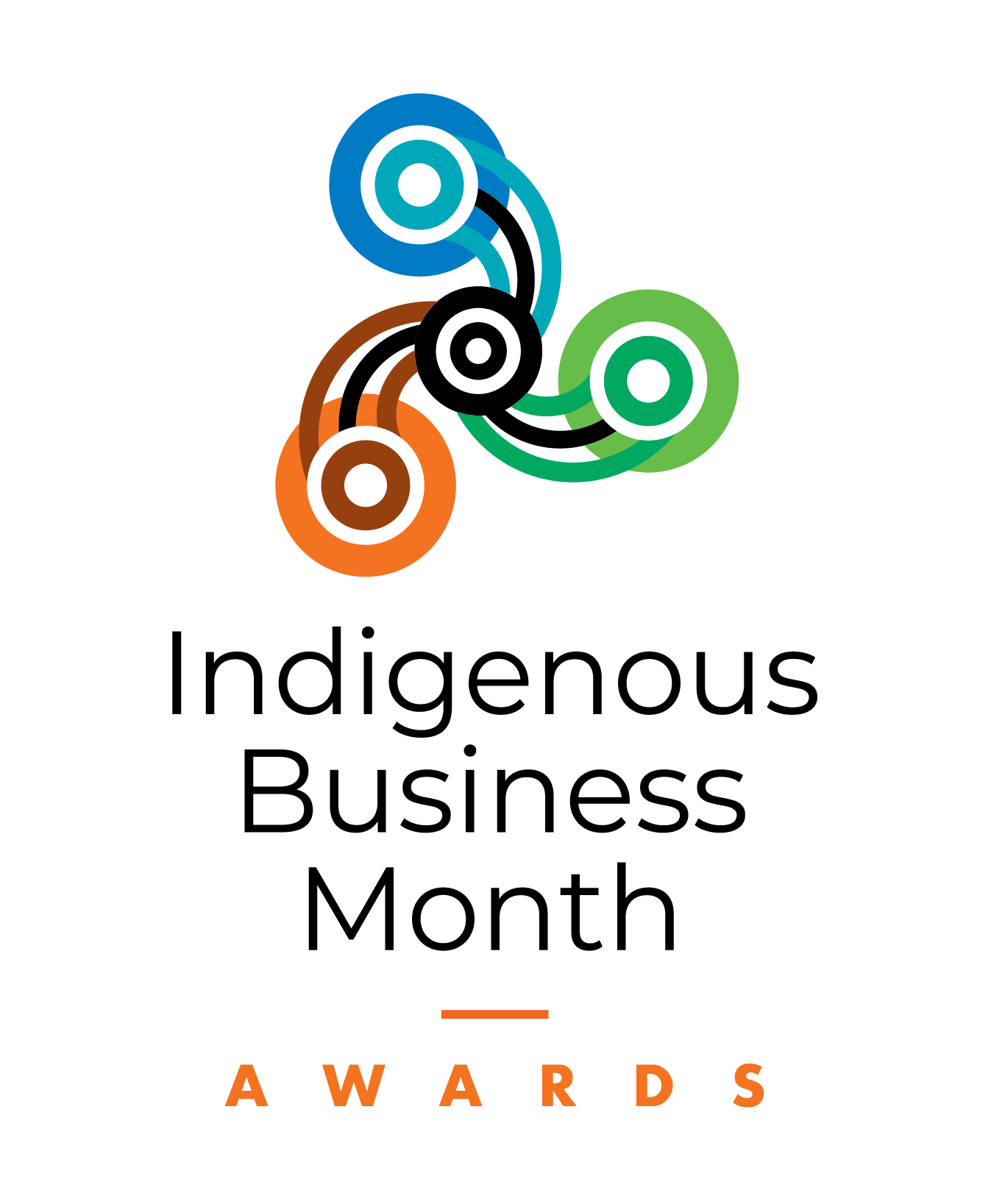Indigenous business accelerator fires up with $50k grants in Victoria
THE WORLD’S FIRST Indigenous Accelerator was run by Barayamal in November 2016, continuing in successive years and now Barayamal is organising its second accelerator based in Victoria from September 7, 2020, with support from LaunchVic.
Five innovative First Nations businesses will be selected for the Barayamal Accelerator at the Victorian Innovation Hub. 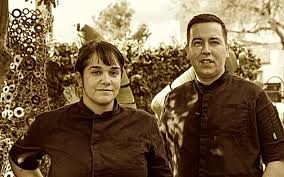
The three-month program will support First Nations businesses to break through the COVID-19 challenges to grow their businesses by providing mentoring and training by industry experts, $50,000 in grant funding, and an opportunity to showcase their businesses at the national Demo Day and Awards event on November 27.
"I really liked the accelerator program,” 2019 Barayamal Accelerator participant Kayla Cartledge from Our Songlines said. “We’ve got an amazingly strong community built on trust and cultural principles ... the connections we made were everlasting.”
Another 2019 Barayamal Accelerator participant, Niyoka Bundle from Pawa Catering and Events said, “We've met other really great Indigenous entrepreneurs, shared our experiences and learnt from each other.”
Stewart Stacey from Binary Security, another 2019 Barayamal Accelerator participant said, “Just in the half an hour after receiving the award, I had many people walk up to me saying that they thought we'd done a really good job and they could see the message and they can see the value and they want to help.
“I've got a pocketful of business cards that I can't wait to get back home and start calling. And, and you know, making these contacts and building these relationships ... just been unbelievable. It’s gone past what I thought it would be ... and I'm very proud and honoured to be a part of it.”
Barayamal founder Dean Foley believes First Nations entrepreneurship can change the world for the better. 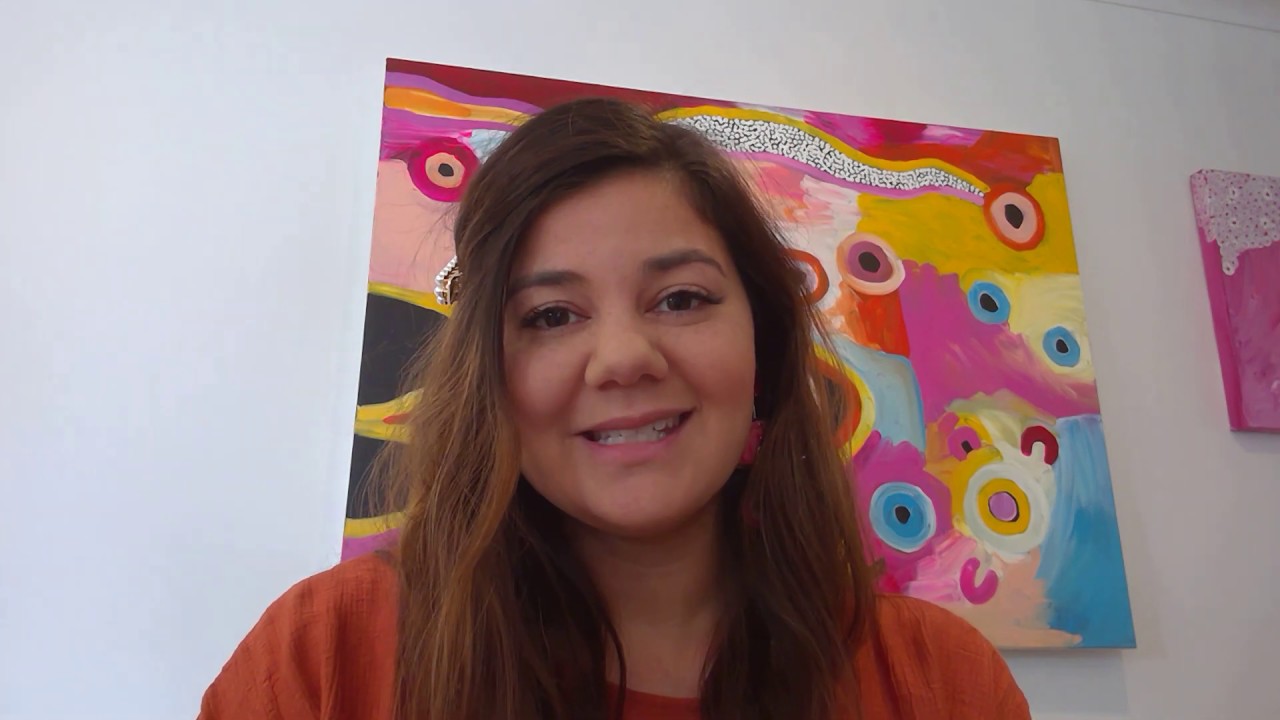
“We do this by running an Indigenous business accelerator, free events, the Indigipreneur podcast, school-based education, building technology solutions and by investing time and funding Indigenous startups, which are the high-growth economic and employment solution,” Mr Foley said.
Barayamal means ‘black swan’ in Gamilaraay language. Black swans were first seen by Europeans in 1697 but before that, Europeans had only known of a white swan.
“In this instance, the black swan represents Indigenous entrepreneurs who have not been noticed in the world for their innovative businesses,” Mr Foley said. “Barayamal plans to show the world that Indigenous entrepreneurs exist and they can also build global businesses.”
He also thanked LaunchVic for the support it gives to Barayamal and its various programs.
ends

